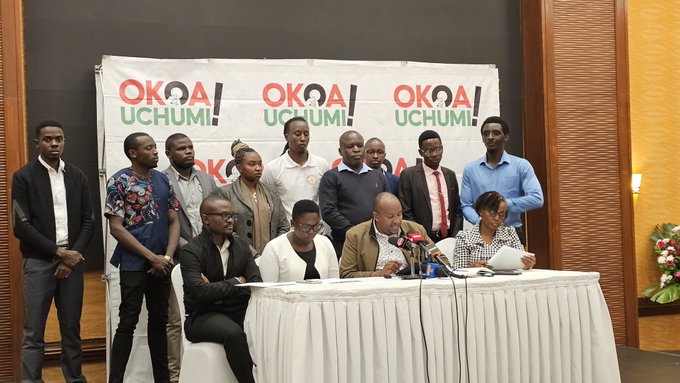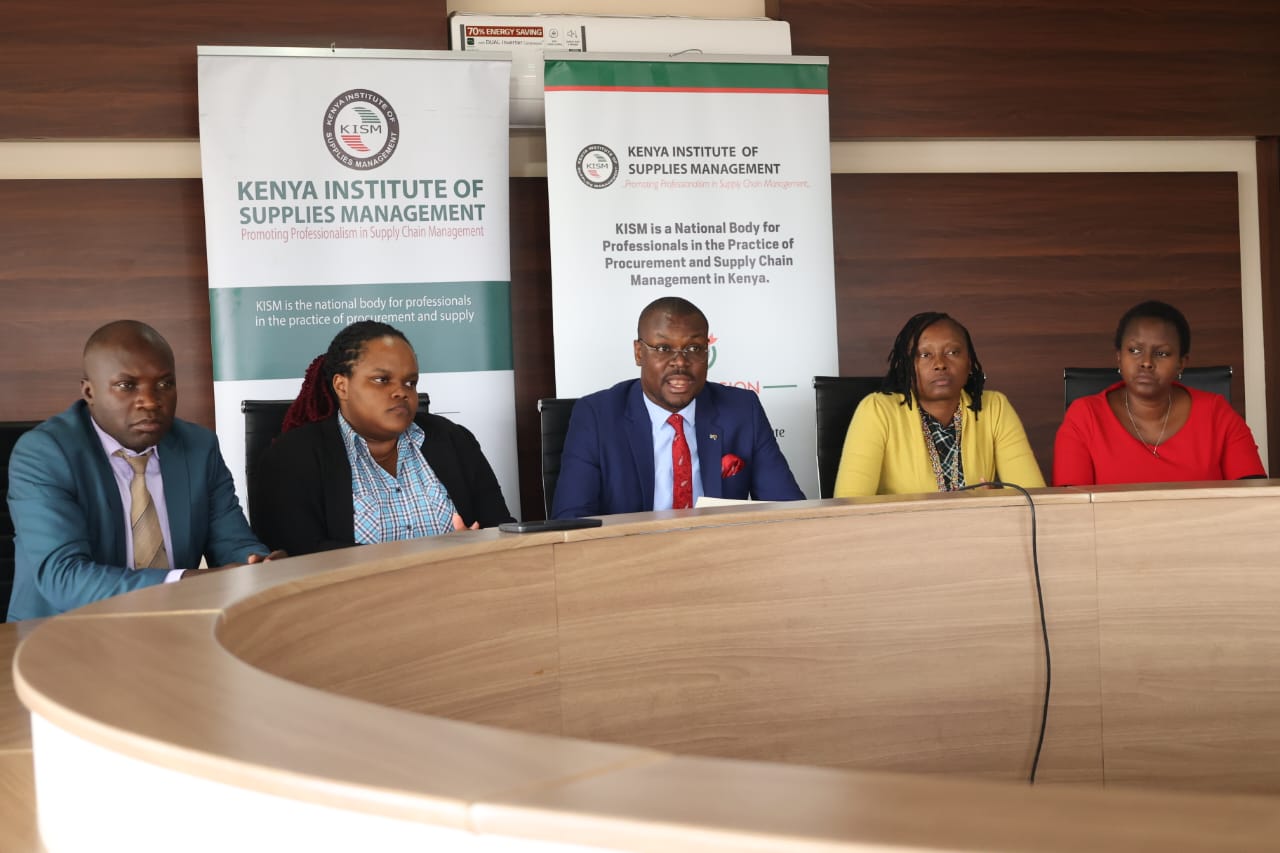By Eddah Waithaka
Kenya’s 2025/26 budget risks deepening inequality as the government plans to spend KSh 4.24 trillion against projected revenues of KSh 3.32 trillion, leaving a KSh 876.1 billion deficit to be financed through more borrowing.
With public debt already exceeding KSh 11.35 trillion, experts warn that unchecked spending, misplaced priorities, and excessive taxation will push the cost of living even higher.
Tax Burden Favors the Powerful While Squeezing Ordinary Kenyans
The 2025 Finance Bill introduces changes to income tax, VAT, and excise duties that will hit low-income earners hardest.
Among the most glaring proposals, raising the tax-free per diem allowance from KSh 2,000 to KSh 10,000 primarily benefits well-paid government officials while providing minimal relief to informal workers and small businesses, and scrapping court oversight for the Kenya Revenue Authority (KRA) allows the taxman to access bank and mobile money records without a warrant, which raises significant privacy concerns.
Replacing zero-rating with VAT exemptions on essential goods, which will increase production costs and raise prices for food, healthcare, and clean energy products like solar panels and electric vehicles.
“This isn’t tax reform, it’s a tax trap,” said an economic analyst. “The government is making life harder for struggling families while protecting the political elite.”
Critical Sectors Face Cuts as Bureaucracy Grows
Despite rising poverty, the budget slashes funding for key services, cutting KSh 4.3 billion from free primary education, which includes a KSh 600 million reduction in school feeding programs that could have fed 50,000 children for a year.
Reducing fertilizer subsidies from KSh 14 billion to KSh 8 billion even as the number of farmers in need doubles; and providing zero funding for the successful Linda Mama program, which has significantly improved maternal healthcare.
Meanwhile, seven new state departments are being created, increasing bureaucracy. The National Police Service budget jumps by 9%, while oversight bodies like the Judiciary and IPOA see stagnant funding raising fears of more police brutality with less accountability.
Supplementary Budgets Undermine Public Trust
The government is increasingly using last-minute budget changes to divert funds from social programs to political priorities.
In the latest supplementary budget, State House spending rose by 2.4% to KSh 8.57 billion, while the President’s office received a substantial 17.6% increase amounting to KSh 5.34 billion, forcing cuts to social safety nets to finance these expansions.
Read More On : https://africawatchnews.co.ke/duale-unveils-ksh500m-helb-fund-cracks-down-on-substandard-medical-training/
“This violates the law, which caps budget changes at 10%,” said a budget expert. “They are ignoring public participation and shifting money to benefit the powerful.”
Debt Crisis Leaves Little for Development
Nearly half of the budget, at 49%, goes toward debt repayment, which leaves minimal funds available for counties and development projects.
For every KSh 100 collected, KSh 60 is allocated to paying loans, thereby squeezing vital sectors such as healthcare, education, and infrastructure. What must change?
The Okoa Uchumi Campaign demands that the government take immediate action: first, it must stop wasteful spending by cutting duplicated roles and slashing excessive allowances; second, it should protect essential services by reversing cuts to education, healthcare, and farming subsidies; and third, it must reject unfair taxes by eliminating any VAT hikes on food, medicine, or green energy.
“Kenya can’t tax its way out of this crisis,” the campaign warned. “MPs must reject this Finance Bill and demand a budget that works for all Kenyans, not just the powerful.”
As Parliament debates the budget next week, the question remains, “Will the government listen, or will ordinary Kenyans keep paying the price?”
Read More Stories At: https://africawatchnews.co.ke/







